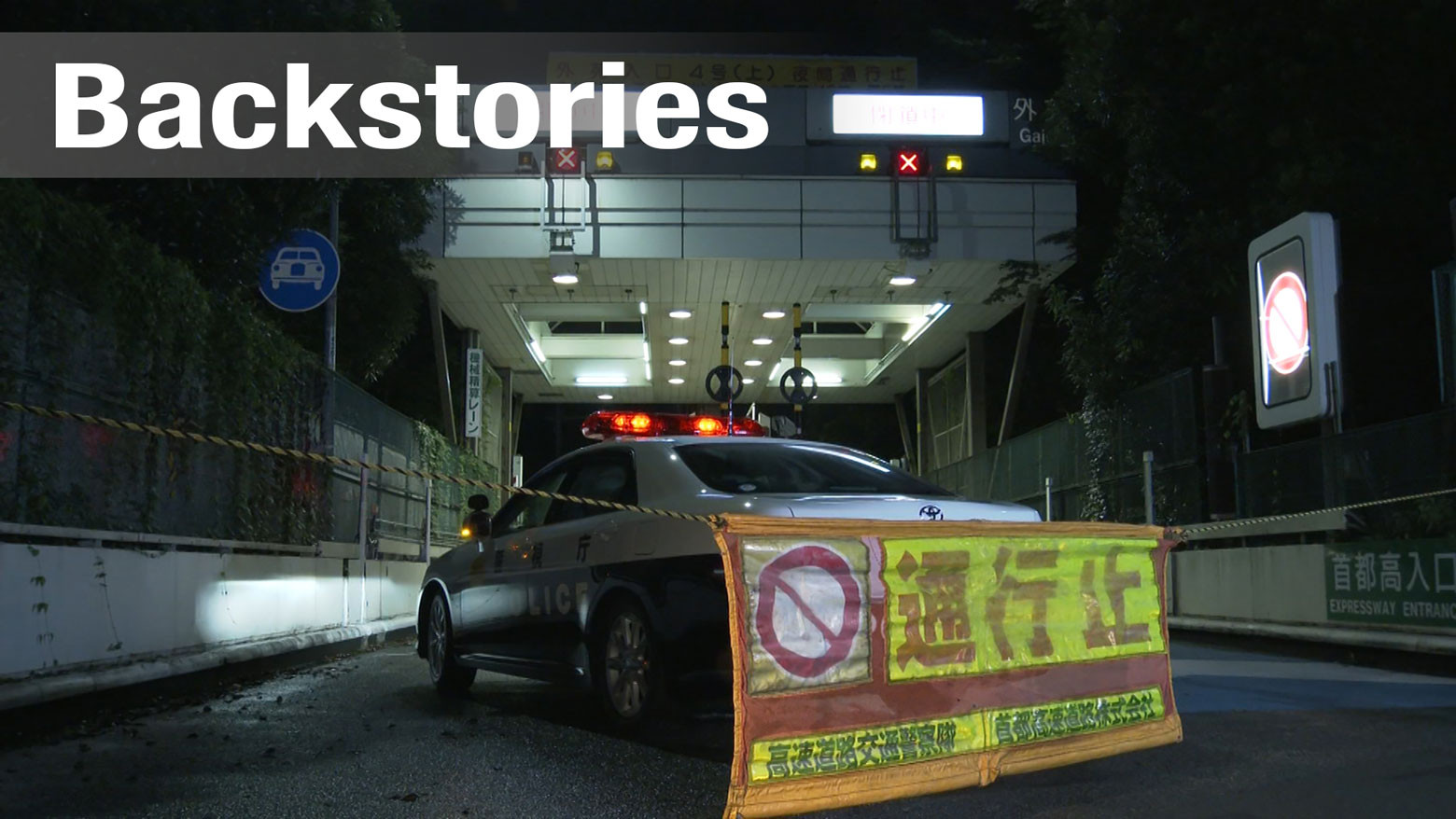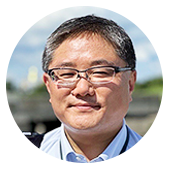Since Tokyo is trying to make use of existing hotels and sports facilities for the Games, venues are scattered over a large area compared with past events in Rio or London. For instance, the Athletes' Village is 10 kilometers away from the main venue, the New National Stadium. To ensure that athletes and officials can travel smoothly, the authorities are considering major traffic controls to reduce the number of cars entering the area during the event.
The Tokyo Metropolitan Government and the Games' organization committee conducted large-scale traffic control tests on July 24 and 26. The Metropolitan Expressway's four entry ramps were closed for a full day, while other entrances were closed according to traffic volume. And the duration of green traffic lights were shortened by up to 10 percent at about 120 intersections to curb traffic flows to central Tokyo.
According to the Metropolitan Police Department, the measures helped ease congestion on the Expressway, while backup became heavier than normal on some other roads.
A bus which runs through the area subject to traffic control arrived at the terminal 20 minutes later than scheduled. One of the passengers said she was worried she might be late for work. A truck driver who makes deliveries to Tokyo said, "I usually drive for about 15 minutes, but it took me almost an hour to cover the same distance today."
Watch Video 00:42
Some companies took precautions for the trial. Major convenience store chain Lawson had anticipated that the traffic tests would affect deliveries to 1,000-plus stores, or about 60 percent of its stores in the Tokyo area. To limit the impact, the company brought forward the departure time of trucks delivering goods to the stores by one hour. Lawson's spokesperson said, "The impact will be larger during the actual Olympics because traffic will be restricted during the marathon and other events. We are trying to be as prepared as we can."
Workers of another company stayed away from their office during the trial. A PR firm located near the New National Stadium is planning to introduce a teleworking system to allow its employees to work remotely using computers and mobile phones during the Olympics. On the days of the traffic control tests, about 180 workers, except for those who had customer appointments, worked from home or other places.
Regarding the traffic control during the Games, businesses are demanding that the authorities disclose detailed information at an early timing. Some companies are also complaining that it is difficult to take measures by themselves.
Ryutsu Keizai University Professor Yuji Yano says, "Naturally, congestion cannot be reduced just by controlling traffic. Based on the result of the trial, the concerned parties should work together to come up with effective measures to reduce the overall traffic volume."

